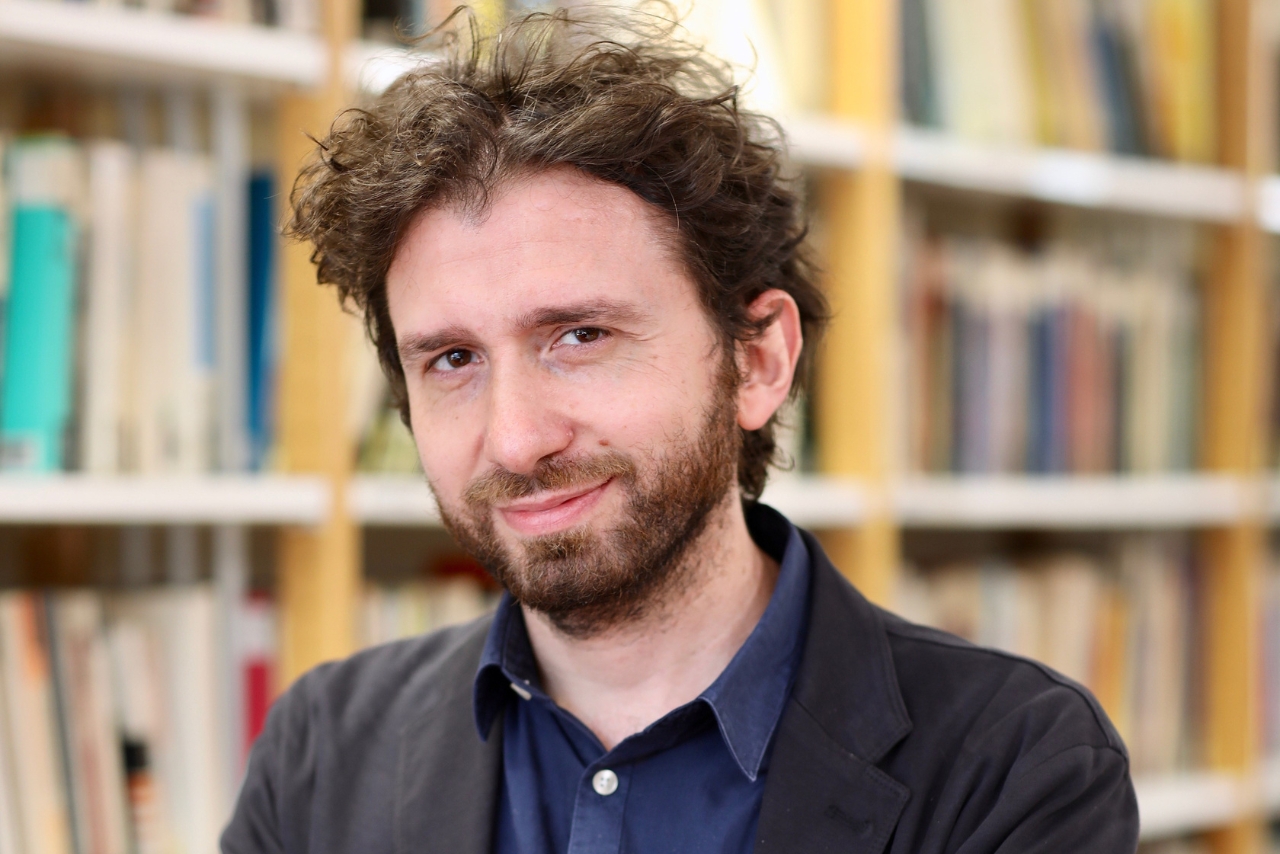CIAS INN: “The success of a research centre lies in its open spirit”

He is a professor at Sapienza University of Rome and focuses on decision making under risk and uncertainty and strategic behaviour in the presence of social preferences.
He first visited Hungary in the spring of 2024 for a workshop organised at Eötvös Loránd University, but he already knew that he would be here in the autumn as a visiting researcher at CIAS. In his view, CIAS is very effective at getting the word out internationally, he first learned about the programme through an email newsletter. He sees one of the pillars of the success of CIAS as being open to applicants with whom they have had no previous contact, and this is one of the ways in which they can ensure a high international standard.
They are very good at matching the people who work here, and it gives you a feeling of actually being at home.
Compared to other similar programmes, he considers the stable financial support that CIAS provides for researchers to stay here to be outstanding. His research is in experimental economics and social psychology, where international collaborations are of paramount importance, as countries with different cultures produce different results for the same experiments.
His research, “The drunk side of trust: Generalized and instantaneous trust at gathering events”, which he has written as a CIAS, examines the relationship between alcohol intake and trust. He would highlight as a key finding that alcohol consumption should not necessarily always be seen as a negative thing. Some people need a little moderate drinking to be able to open up to others, and so they can build social relationships more easily. In this way it has a positive social impact. (The issue was also covered in a university press release.)
He is currently working on a study to investigate how emotions guide our strategic decisions. He believes it is important to make people aware that emotions do not equal irrationality.
He advises future researchers to focus on logic rather than technology in their work, as this is the only way to keep up with artificial intelligence. In addition, you need to have all the knowledge of each discipline, as they are so closely interlinked that without one you cannot really understand the other.
He considers learning to select the right collaborators essential for successful research. The administrative team at CIAS has been very flexible with him and he is sympathetic to the number of young people he has surrounded himself with. He also found himself in a very stimulating environment from a social point of view.
He found Budapest particularly child-friendly, where the playgrounds almost blend in with the city, so he and his family were able to enjoy time together. In his experience, it is a safe city, with beautiful warm lights at night and a mystical view of the Danube. He feels that the city is becoming more and more Europeanised, but that it could never lose its identity, if only because of its unique architecture.
A key advantage of CIAS is that it’s in a city like Budapest,
he noted.